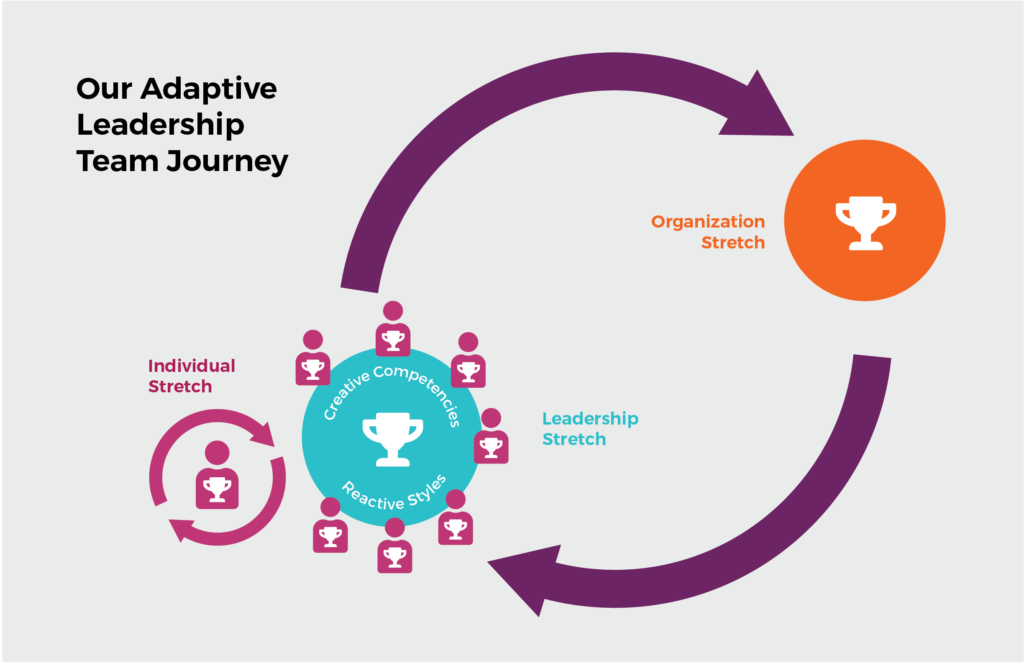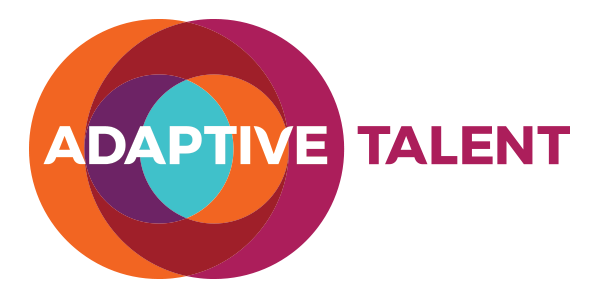Author’s 2021 update: This post was written in 2011 and since that time my opinion on this topic has changed from “tell them” to something more nuanced. I feel the binary designation of high-po OR not-high-po is an unhelpful polarity. People are constantly evolving and everyone needs to continuously develop and adapt. I now believe a more helpful approach is to partner with the employee to understand their desired career path and types of roles and projects that are most satisfying to them, and to then help them identify how they want to grow and evolve so they can deliver excellent results (leadership and technical skills, knowledge, experience, etc.). When you integrate this brain-friendly, employee generated clarity with input from other respected peers and the HR team, and contrast that with workforce and succession plans, you can co-create opportunities for the employee to contribute and grow in a deliberately developmental way. Instead of pointing to one job and saying “you’re next” it’s more directional and about their readiness to lead at scale where paradox, systems thinking, culture, and time horizons all make the job of leadership more challenging. Supporting employees as they deliver on their commitments while also helping them reflect on growth will clarify who is already thinking more strategically, who has more nuanced awareness (self and others), self-control, passion, empathy, and support from others. This is one reason why Adaptive Talent designed its Adaptive Leadership Program to focus on the “three layers of stretch”; the business becomes the classroom and developing oneself is in support of needed development at the team, function, cross-functional, and organizational level

—-
Dr. John Sullivan followed up his last post on the secrecy surrounding high potentials with another post entitled “20 Benefits of Transparency in High Potential Selection”. I like it a lot and have summarized his top points, but please take a look at his blog for more detail.
– The designation motivates and increases engagement — openly recognizing the potential of individuals certainly excites and motivates the employee, and because other employees know, they will get additional reinforcement actions from your coworkers.
– The designation helps to reduce anxiety — during weak economic times, even high-performing employees are naturally anxious about their future.
– You can expect increased retention among HiPos — one of the primary advantages of telling HiPos of their status is to give them a sense of belonging.
– The designation may cause HiPos to take themselves more seriously — after being notified that they are high-potential, individuals who are not self-aware of their potential may begin to take their careers more seriously.
– Designation allows a more targeted focused use of resources — when a limited number of individuals are openly designated as high-potentials, it’s obviously easier for everyone involved to prioritize and focus their development resources and opportunities on these individuals.
– It is easier to develop when the employee knows why it is happening — openness makes it more likely that any development advice and recommended actions will be taken seriously because the employee involved knows that they are being groomed for possible succession.
– Keeping the names secret is hard work and openness makes everything easier — if your policy is to keep the names secret from all employees and managers, reaching that goal will be difficult and time-consuming.
– They will find out anyway — experience tells us that despite your secretive efforts, employees will eventually learn who is on the list. Even if they don’t find out for sure, they will guess, and if they guess wrong, a great deal of confusion can occur.
– Openness reduces the confusion over who should be a role model — if employees are aware of the HiPo designations that have been made by management, it will be much easier for them to select “the right individuals” to emulate and copy as their role models. If employees are also seeking a mentor, they now have a strong list of individuals to approach.
– Reinforcing your communicated values and skills — you powerfully reinforce the existing messages that you have sent to all employees and managers about what behaviors they should copy, when you designating employees with those same skill sets, behaviors, and results as high-potentials.
– Releasing the names reinforces the message of openness — if your organization espouses of the value of “openness” and transparency, having an open high-potential list will enforce that value.
– An open list increases the likelihood of diversity — having a closed list can unfortunately lead to speculation about favoritism, however when the list is open, everyone can see if you have actually practiced diversity.
– Openness can reinforce employees’ faith in management decision-making — if the high-potential selection process is fair, open, and accurate, it will likely select individuals who employees already admire and respect.
– It can eliminate speculation by managers — in some cases, being secretive extends to most managers, who will not be told who is high-potential.
– Openness will encourage managers who develop employees — with an open list, managers who have successfully developed high-potentials in the past will be rewarded as other employees gravitate toward them in the hopes of also being developed.
– An open list may improve promotion decisions — unless managers are provided with a HiPo list, they cannot know for sure who should be considered for a promotion.
– Knowing the high-potentials who are likely to be targeted makes it easier to focus your retention efforts — openly designating high-potentials can make them likely targets of external recruiters. However, in the same light, knowing that these individuals will be targeted may allow you to focus your retention and blocking efforts on these individuals, so that the net result may actually be a decrease in the turnover of these key employees.
– If you periodically remove individuals from the list, you help to reduce an entitlement mentality — having a high-potential list can help to develop a two-class mentality between HiPos and the rest.
– Customers and vendors might feel more valued
– Transparency may improve your employer brand image
He summarizes by saying “As a result of these factors, most organizations should reconsider their decision to keep most elements of their succession plans secret. Obviously there are some drawbacks to openness but I have found that all of them can be overcome if you commit your best thinkers to the problem. The pendulum is steadily shifting toward the time where the succession planning variation of “don’t ask, don’t tell” will become an historical footnote.”
I agree 100% with his thinking; my feeling is that people need to remember that employment is a relationship at its core, and relationships thrive when respect, integrity, trust, and healthy communciation is involved. If a manager or people development team is clear on role requirements and an individual can receive thorough, actionable feedback in a supportive, learning based environment then really the conversation can be more fluid than simply a black and white designation. Said differently, 98% of my conversation with a high potential would be about the substance of his/her development than simply the label of a high potential.
Photo credit Greg Rakozy
—
Adaptive Talent is a talent consultancy designed to help organizations achieve amazing results and ongoing adaptability. Founded in 2008 and based in Vancouver, Canada we offer retained search, assessments, total rewards consulting, training, leadership coaching and development programs, and culture & organizational development consulting.

